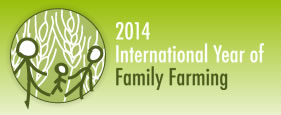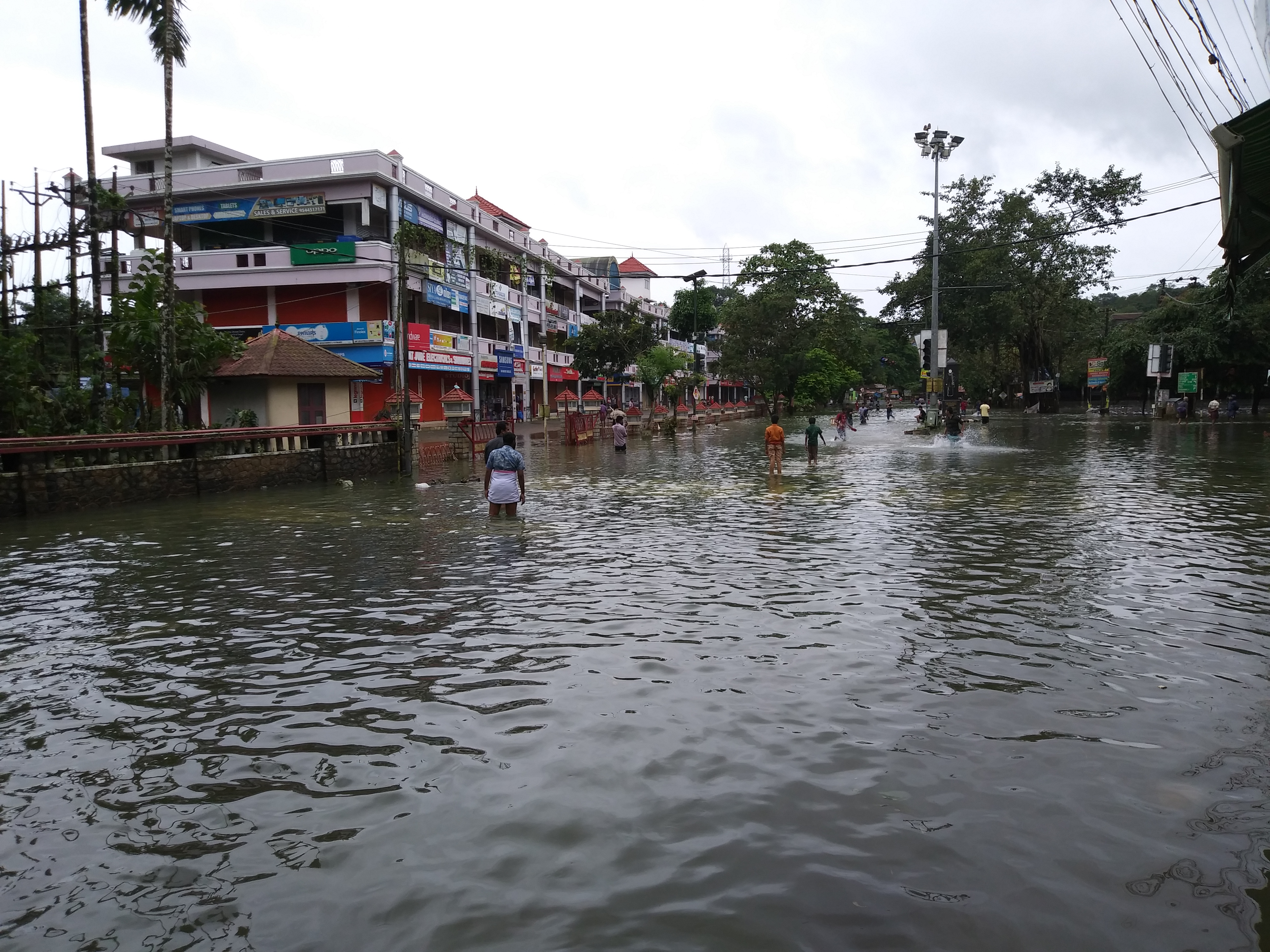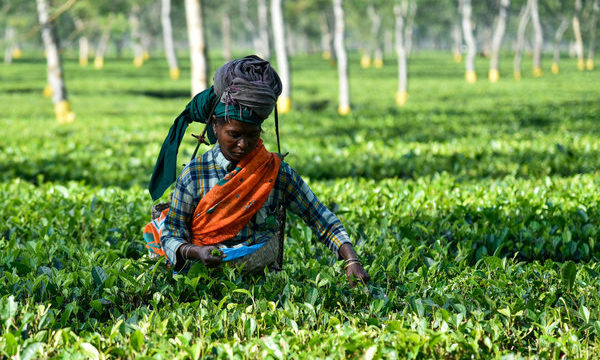 Did you know that there are 1.5 billion people worldwide who are estimated to be involved in family farming?
Did you know that there are 1.5 billion people worldwide who are estimated to be involved in family farming?
The United Nations has declared 2014 as the International Year of Family Farming (IYFF) to recognize the importance of family farming in reducing poverty and improving global food security. So what is family farming?
Family farming is a means of organizing agricultural, forestry, fisheries, pastoral and aquaculture production which is managed and operated by a family and mainly reliant on family labour. Given that family farming includes all family-based agricultural activities, it is linked to several areas of rural development. With the FAO declaring that there are over 500 million small farms worldwide, their contribution to the world’s food supply, to environmental protection, to employment and to the support of local markets is vital. With this in mind, the IYFF has four key objectives:
- Support the development of policies that will foster sustainable family farming
- Increase knowledge and public awareness on the vital role that family farmers play in the agricultural and development sectors
- Raise awareness of the needs and potential of family farmers, along with the constraints that they face, and ensure that they have access to technical support
- Create synergies for sustainability.
So why are these objectives important?
Family farming, in all its diversity, is the predominant form of agriculture worldwide. Local and global food security depends on it. Family farming:
• Generates food and income for hundreds of millions of rural people, including the poor and marginalized;
• Creates jobs for women, men and young people, both within their family farms and in related enterprises along food and agricultural value chains;
• Provides models of adaptability and resilience for more sustainable food production;
• Is socially and culturally part of communities and territories constituting nations, and as such underpins national food security in most countries;
• Safeguards and protects environmental assets and natural resources, biodiversity and cultural heritage.
If these objectives can be met then, with the right economic, social and environmental conditions, smallholder family farmers can be at the forefront of a sustainable transformation in world agriculture and make a huge contribution to reducing the estimated number of 842 million hungry people in the world, three-quarters of who live in rural areas.
Further reading:
International Fund for Agricultural Development: http://www.ifad.org/
Food and Agriculture Organization of the United Nations: http://www.fao.org/family-farming-2014/home/en/
World Rural Forum: http://www.ruralforum.net/default.asp?id=en
Food Tank: http://foodtank.com/
Related News & Blogs
Strengthening agricultural trade and sustainability: A collaborative effort by USDA, CABI, and FPA in the Philippines
Agriculture plays a pivotal role in the economic development of countries, especially within the Association of Southeast Asian Nations (ASEAN). In the Philippines, efforts to enhance agricultural trade and promote sustainability took a significant ste…
2 August 2023




